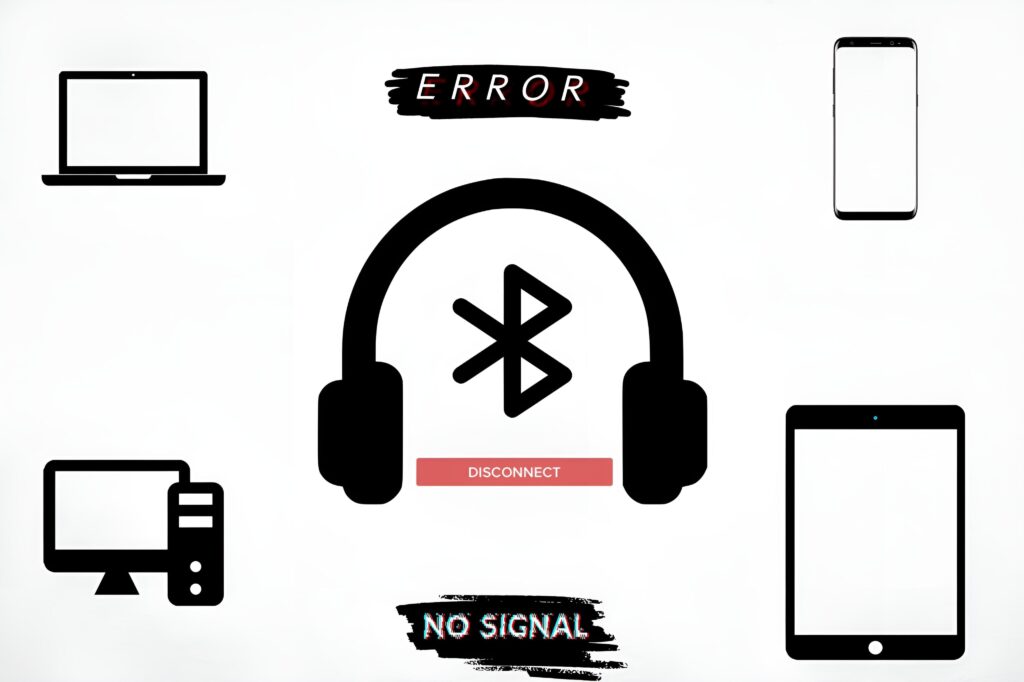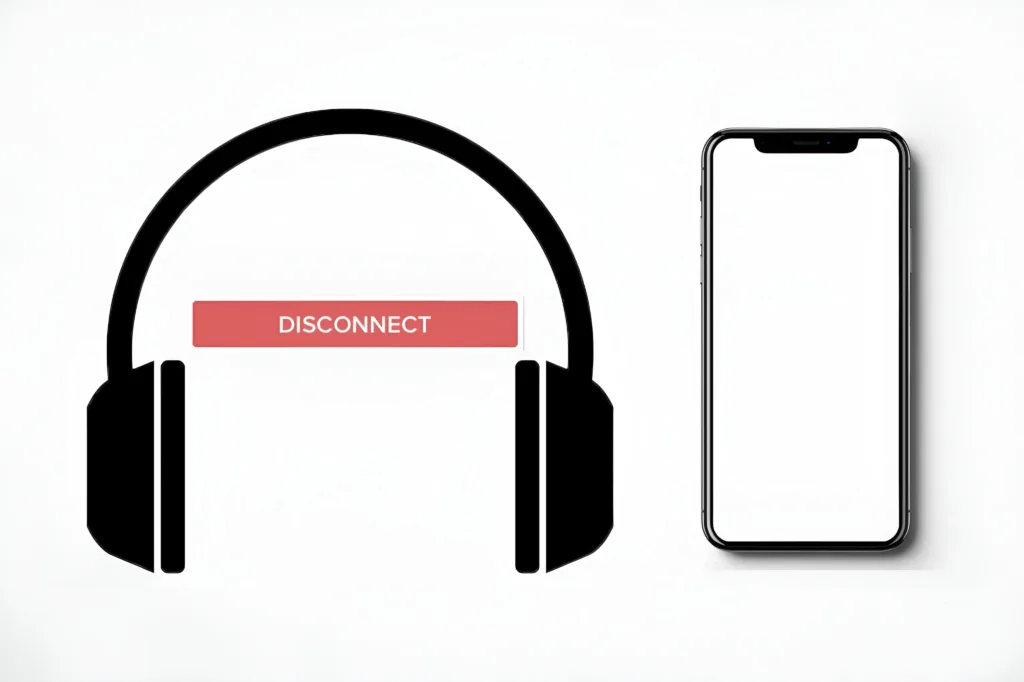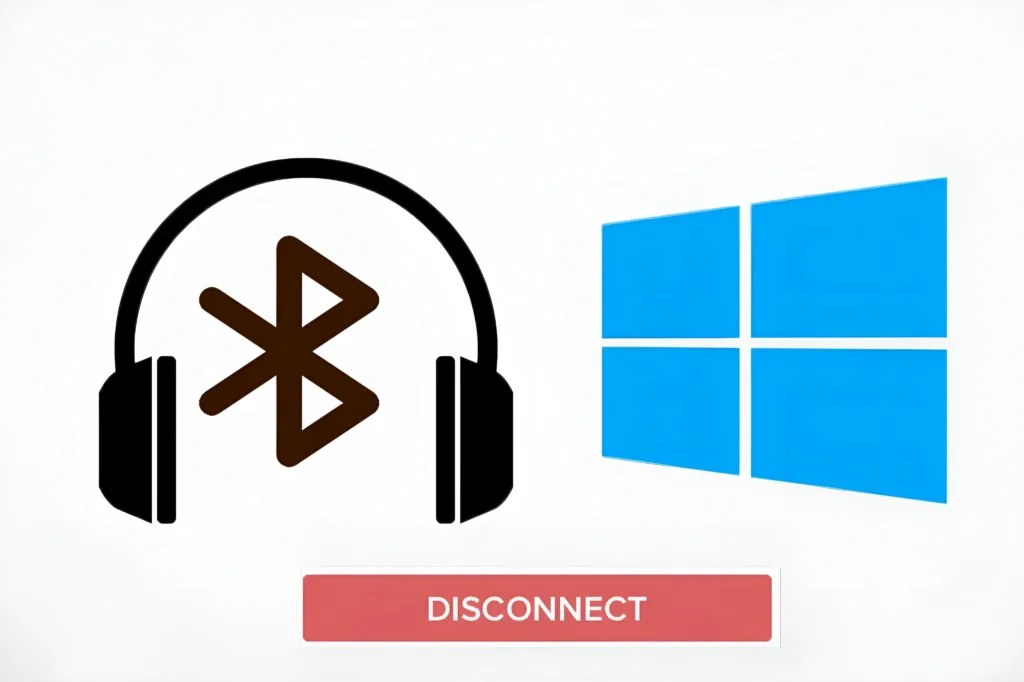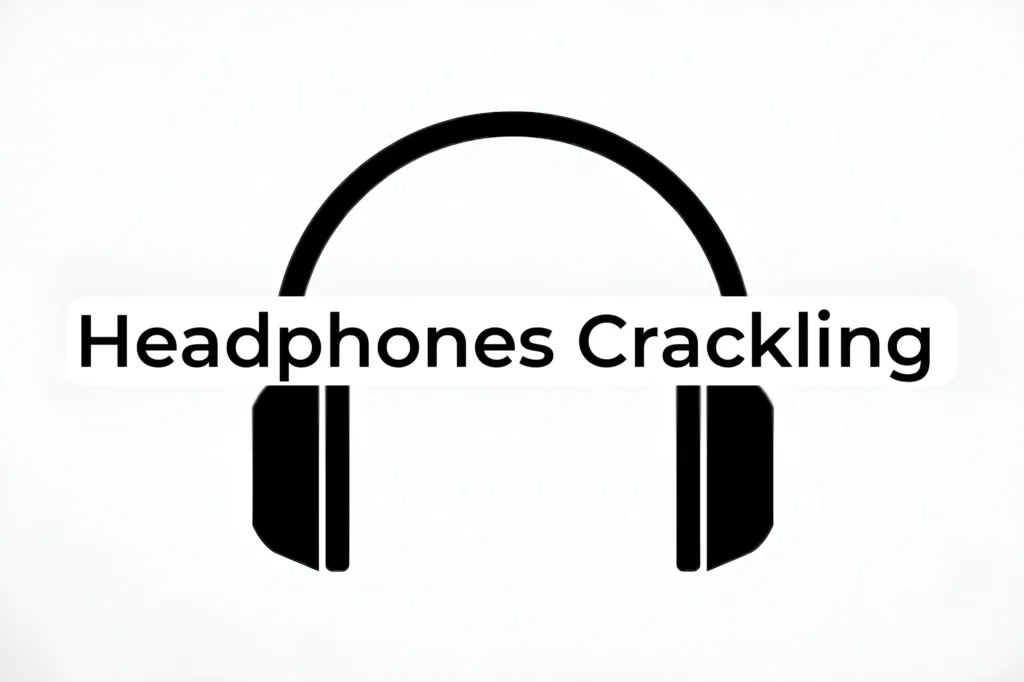Why Do DJS Wear Headphones
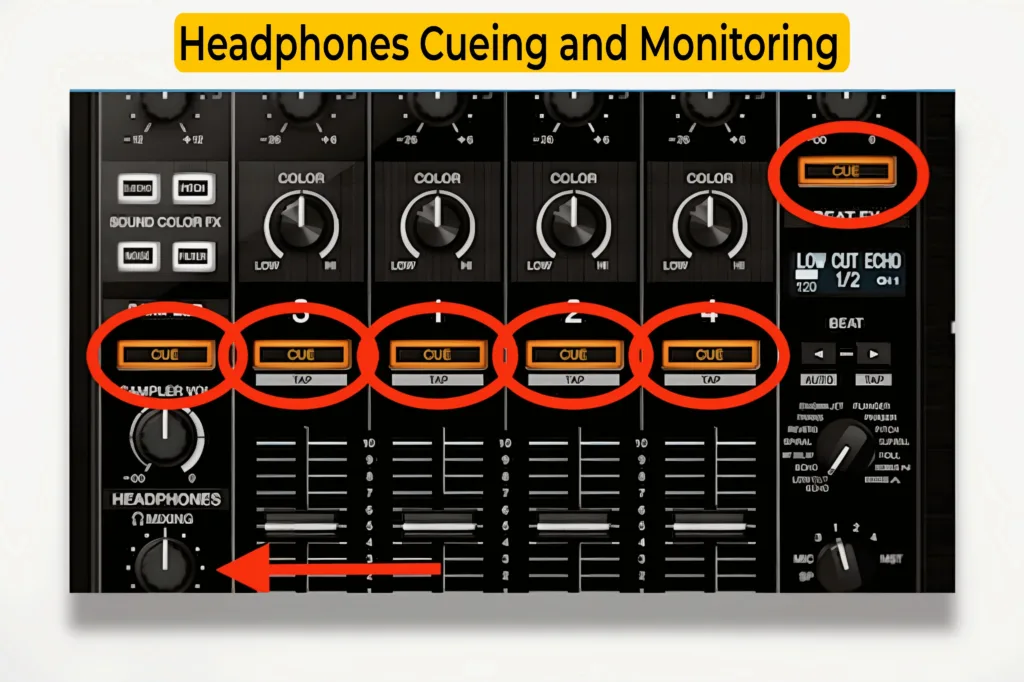
1. Cueing and Monitoring
Firstly, DJs wear headphones for cueing and monitoring. Cueing mainly means listening to the playing song and the earpiece of the headphones simultaneously. On the other hand, monitoring implies listening to the music through the Headphones. DJs listen to the next track before dropping it, such that the track playing is not audible to the audience. This helps the DJs determine if the beats and timing are consistent.
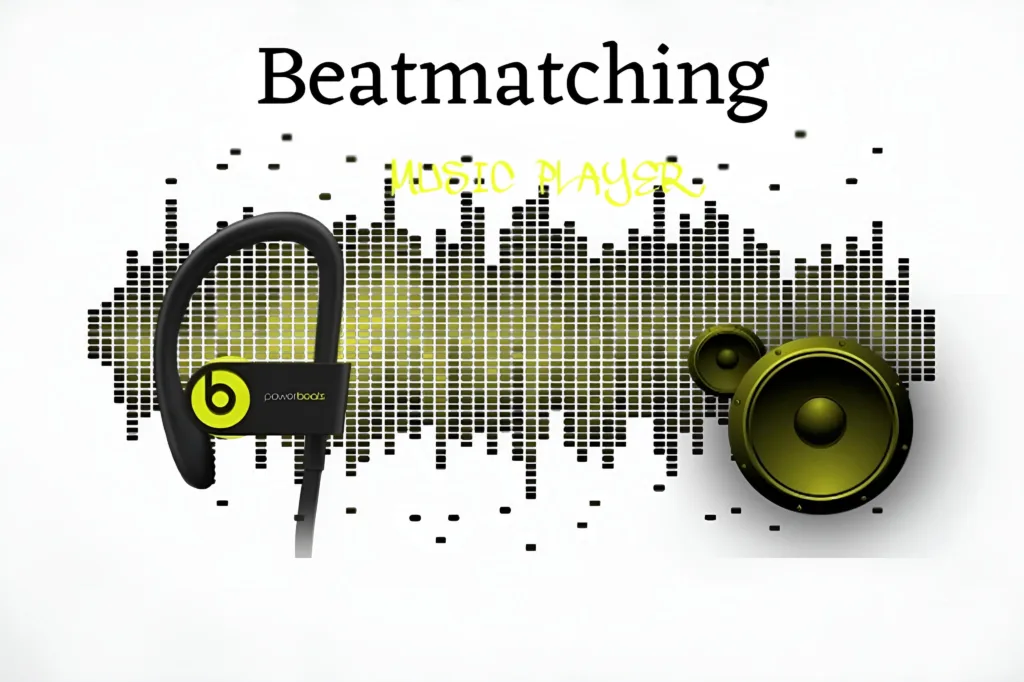
2. Beatmatching
Beatmatching is another practice that necessitates headphones. It involves aligning the beats of two different tracks until they are released. It is impossible to foresee synchronization ahead of time, and the ability to listen to both tracks at the same time is critical for ensuring that the pace is perfectly matched using the headphones.
3. Isolation
In loud club environments, headphones provide isolation from external noise, enabling DJs to focus solely on the music they’re mixing. This isolation helps DJs concentrate on their performance without distractions.
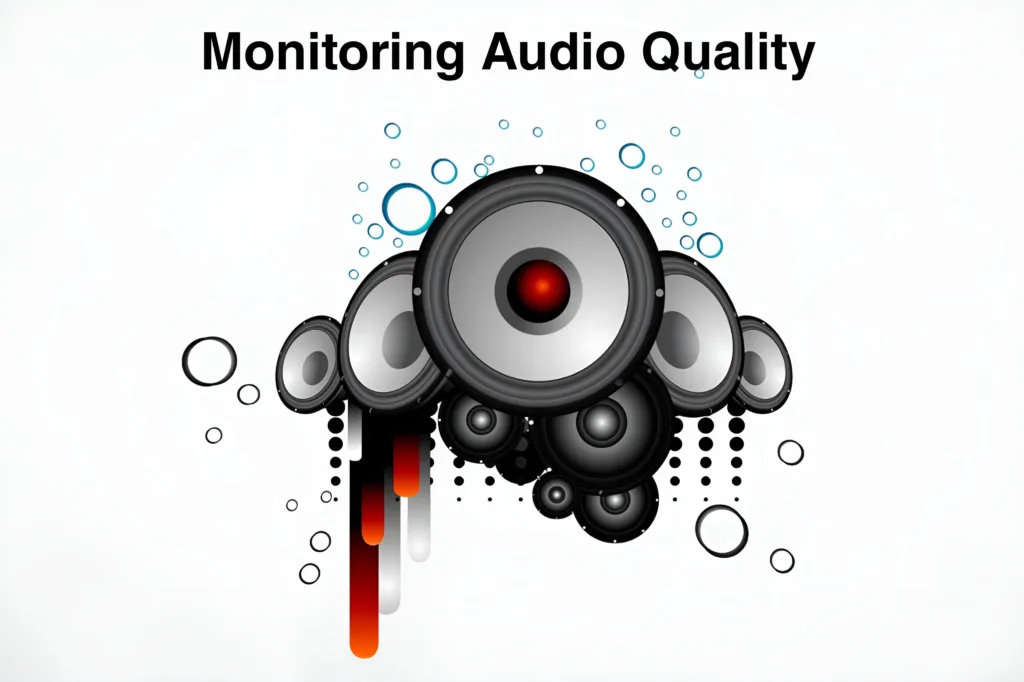
4. Monitoring Audio Quality
Headphones allow DJs to assess the audio quality of the tracks they’re playing. They can identify any issues like distortion, low volume, or imbalances in the mix that might not be as noticeable through club speakers.
5. Cueing Specific Sections
DJs use headphones to cue specific sections of a track, such as intros, outros, breakdowns, or drops. This precision is crucial for creating seamless transitions and maintaining the energy of the set.
6. Communication
In some setups, DJs use headphones with built-in microphones for communication with the event staff or other performers. This ensures smooth coordination during performances.
Types of DJ Headphones
| Closed-back Headphones | Over-ear Headphones | Rotating Ear Cups |
|---|---|---|
| These headphones provide good isolation from external noise, making them ideal for DJing in noisy environments | Preferred by many DJs for their comfort and ability to cover the ears entirely, reducing sound leakage | Some DJ headphones feature rotating ear cups, allowing for single-ear monitoring—a common technique used by DJs. |
DJ Headphone Recommendations
Sennheiser HD 25: A classic choice known for its durability and excellent sound quality.
Pioneer DJ HDJ-X10: Offers exceptional clarity and comfort, favored by many professional DJs.
Audio-Technica ATH-M50x: Known for its balanced sound and comfortable design, popular among DJs and producers.
